A Perthshire farm is giving away its blueberry crop worth millions of pounds.
Peter and Melanie Thomson at West Haugh Farm in Blairgowrie gave up on their blueberry production earlier this year saying it had become “uneconomical”.
They opened the farm gates to the public in September and took donations for charity.
Now local charities are being invited to pick as much of the crop as they can.
The fruit would previously have been worth about £3 million but its value had fallen by about £1m this year.
Blueberry sales for charity
Mr Thomson’s plight will feature on tonight’s episode of BBC Landward.
He told the programme that blueberries were being imported from sub-tropical countries like Peru and South Africa which had developed new genetics.
He said: “They can grow them at any time of the year, so this special season that Scotland had has disappeared.
“Instead of the high price bit of the season, it’s the low price bit of the season.
“The labour in these countries costs a tenth of what it costs here and we can’t compete.
“We’ve left it open to charities to come and have pick-your-own days, and the money goes to charity.”
An event in September raised £7,000 for Macmillan Cancer Support
Perth and Perthshire MP Pete Wishart raised the farmer’s ordeal in parliament today.
He said: “While Peter Thomson should be commended for donating his blueberry crop to local charities rather than let it go to waste, the sad reality is that this is only happening because of post-Brexit Britain’s senseless trade pursuits.”
Earlier this year, an Angus farm was left with 13,000 surplus strawberry plants after a cancelled supermarket order.
Not harvesting Perthshire blueberries the ‘right decision’
It has been nearly 30 years since the Thomsons planted the first blueberry plants at their Blairgowrie.
They sold the locally grown fruits and berries to Scottish supermarkets.
But the managing director told The Courier not harvesting their 65-acre crop was the correct decision.
“If we hadn’t stopped we would have been losing money,” Mr Thomson says.
“We did it at a time when it wasn’t the bank forcing us to do it. That’s better than it could have been as well.
“The other thing is we are at an age where we probably should be retiring.
“We’re not retiring as we’ve got the cherries, but it may force us to slow down and take some time to enjoy a semi-retirement, if not a retirement.”
Using local labour not a solution
As blueberries previously needed a frost before growing, Scottish blueberries were the only variety available in late September and October when the season was over elsewhere.
But with new varieties, the crop can now grow in tropical places year round.
Responding to online comments, Mr Thomson said it was not the case that employing local workers was a solution. In fact the farm has always used local labour.
He said: “There are very small numbers of people willing to work on seasonal work and to work reasonably hard.
“It’s not a case that if we employed local people, we’d be OK. We can’t afford to pay local or foreign people the wages that the market demands.
“If we pay those wages it’s uneconomical to sell the fruit.”
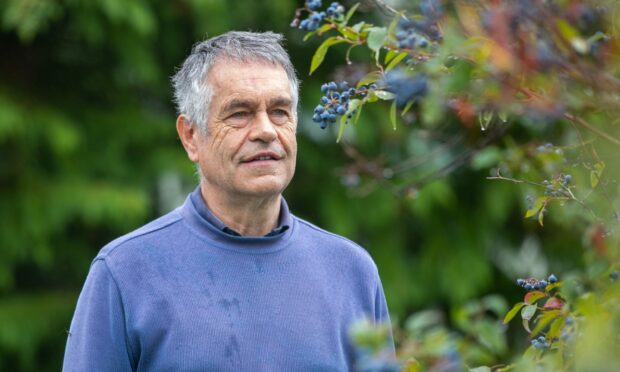
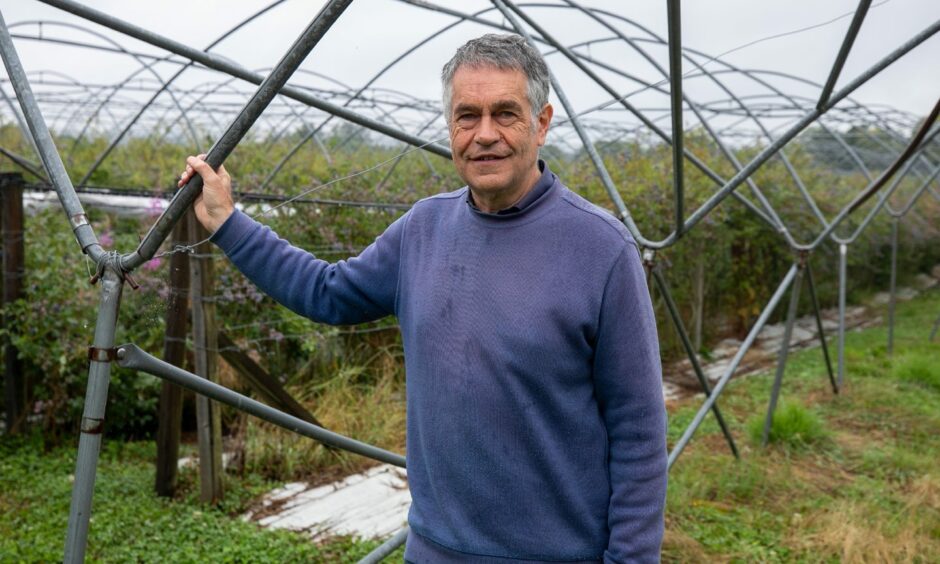
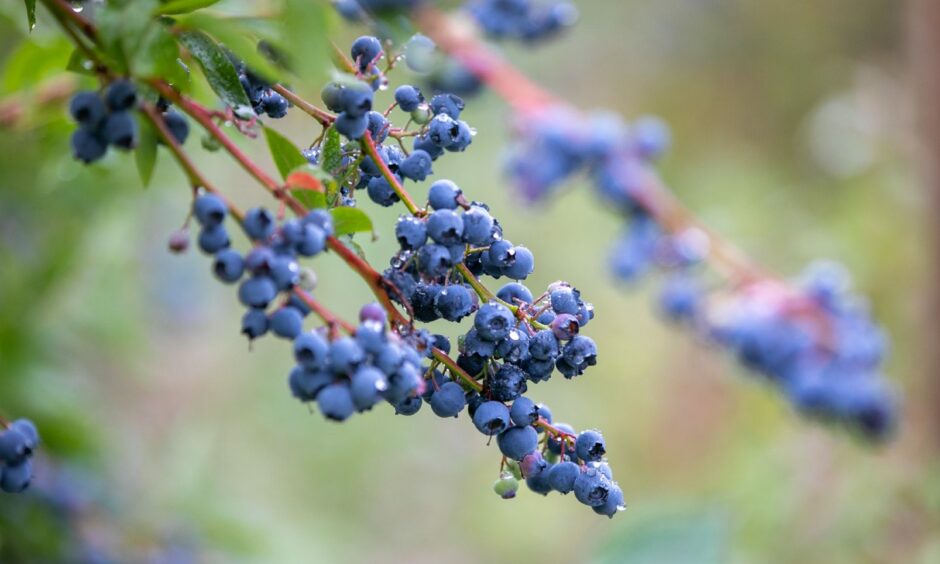

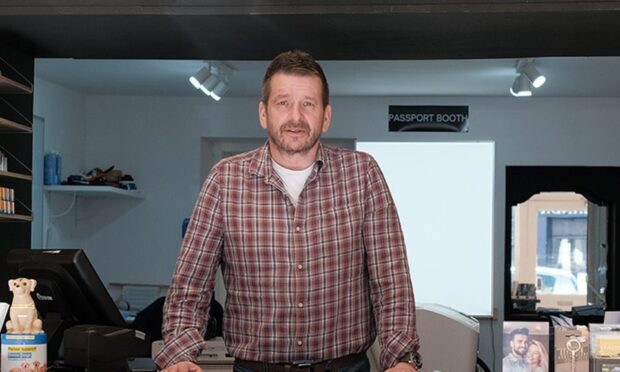
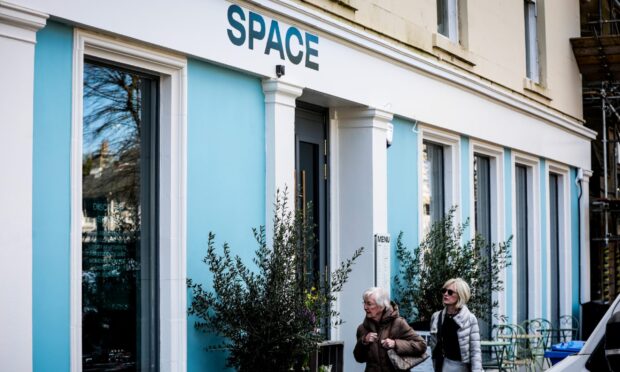



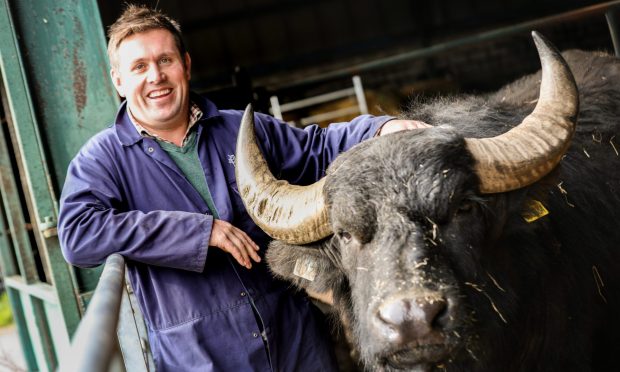

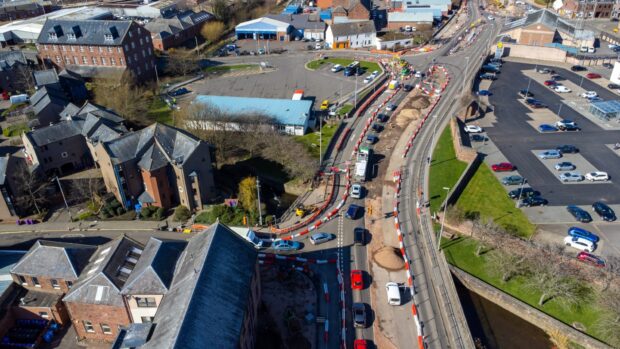
Conversation